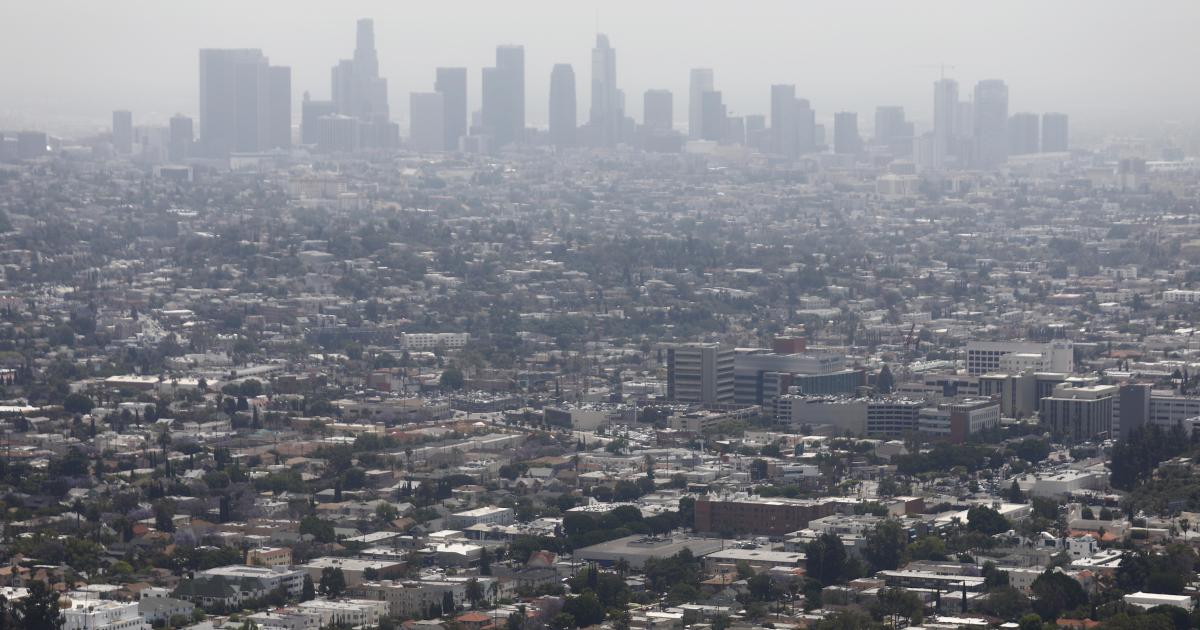WHO urges halt to sale of live wild animals in markets, citing disease risk
Geneva — The United Nations' health agency on Tuesday urged countries to suspend the sale of live animals captured from the wild in food markets. The World Health Organization recommended it as an emergency measure, saying wild animals are a leading source of emerging infectious diseases like the coronavirus.
The WHO, backed by key partners, issued new guidance saying that animals - particularly wild animals - "are the source of more than 70 percent of all emerging infectious diseases in humans, many of which are caused by novel viruses."
The origin of the new coronavirus that was first detected in China more than a year ago has been the source of intense speculation, much of it centered around the likelihood that it was carried by bats and passed to humans through an intermediary species sold as food or medicine in traditional Chinese "wet markets." The pandemic first appeared in the central city of Wuhan, China.
The WHO highlighted the risk of direct transmission of emerging infectious diseases to humans who come in contact with bodily fluids of an infected animal and cited the "additional risk" of picking it up in places where such animals are housed or locations that could have been contaminated with such viruses.
"Globally, traditional markets can play a central role in providing food and livelihoods for large populations," the WHO said in a statement. However, "banning the sale of the animals can protect people's health — both those working there and those shopping there."
The WHO joined with the World Organization for Animal Health and the U.N. environment program in its analysis leading to the new recommendations.
Wet markets are not unique to China — they're common in many Asian and African nations and they even exist in the U.S., but the COVID-19 pandemic's roots in China have heaped additional pressure on officials there to tighten restrictions on the trade in wild animals.
About a year ago, Wuhan, believed my many to be the epicenter of the global health crisis, banned any eating of wild animals and the national government said it would offer Chinese farmers cash to quit breeding exotic species.
Wuhan officials also banned the hunting of virtually all wild animals, declaring the city "a wildlife sanctuary." Exceptions were made for government sanctioned hunting for "scientific research, population regulation, monitoring of epidemic diseases and other special circumstances."



